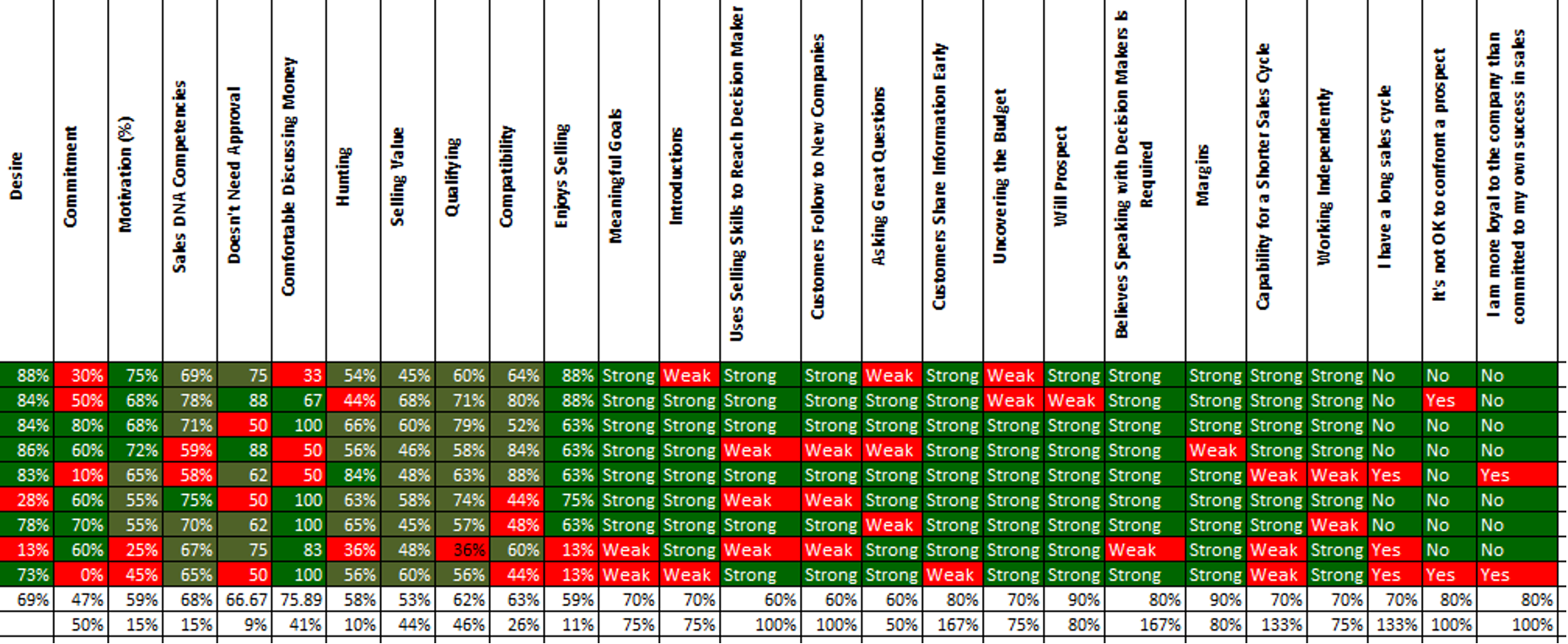Today's topic: March Madness, the ongoing search for bracket and sales pipeline predictability. The March Madness tournament can be somewhat predictable, but upsets are expected. In the world of sales forecasting, you have the same problem!
Transcript:
Hello, everyone. Tony Cole here. Thanks for letting me into your day once again. My topic: March Madness, The ongoing search for bracket and sales pipeline predictability. Good luck with that, right?
The NCAA tournament for men's and women's basketball is somewhat predictable, but upsets are expected. Just take a moment to consider this year men's and women's brackets. 13 seat Furman beats number 4 Virginia. 15 Beats Arizona, number four and seven, Missouri. Not to be outdone, number 16 Fairleigh Dickinson from New Jersey beats number one Purdue. And there were others on the women's side, number eleven, Mississippi State beats number six, Creighton, number, I think was eight, ole Miss beats number one, Stanford. And on the bottom 66, Florida Gulf Coast beats number five Washington State.
The predictive data would have suggested that you would not have picked those or bet on those teams to win. Over the two days of 32 games in each tournament, you would have predicted 16 teams would eventually win. That would be 100% certain. That is a valid prediction. Predicting the exact 16 teams would be more of a challenge and less credible because of upsets. And this year's upsets proved that premise. In the world of sales forecasting, you got kind of the same problem.
Predicting future revenue and based on sales is critical. As an example, many companies the first quarter of the year is normally a good predictor of how sales will play out for the balance of the year. Two other predictors to consider that you ought to have, should have, so on and so forth, are pipeline and sales activity. You ought to have those two pieces of data. I hate to assume, but assuming you track your pipeline, if you do, you should look at two other sub data points.
Number one, pipeline validity. In other words, if a 90 day pipeline predicted $100,000 in sales. Did $100,000 in sales actually show up? How valid was the number? And then there's pipeline credibility. Did the predicted opportunities actually close? So company A, B and C were predicted to close and be part of that 100,000. Did A, B and C actually close? Or did you get A, B, and R? Right? Did the predicted opportunities close or were there some upsets that you weren't predicting? Now the upsets on the plus side are good. Upsets, on the downside, not so good.
Tracking these two data points helps you as a manager minimize the opportunity for salespeople to flood the pipeline just so it appears that they have enough activity to hit their goal. And it also weeds out some of those kind of hold things back the sandbaggers until those things actually close. Sales activity is a leading indicator, so let's talk about that. It should be based on a success formula So that each salesperson team knows two very important things. Those two things are effort needed in their prospecting and outreach activity, and two, their effectiveness. How effective are they from one step to the next step in the sales process? You see, when salespeople fail to hit their goal, fail to hit objectives, it can only be because one or two contributing factors the effort wasn't there or the execution wasn't there to help your people close more business, more. Quickly at better margins.
You must provide them this kind of business intelligence so that they can accurately predict and you can accurately predict their likelihood of success. I know this sounds like micromanaging, but I'm a fan of Jim Collins, who states, there's no such thing as micromanaging. You're either managing or you're not managing. As a sales manager, we tell our clients and our sales development expert program our sales.
As we tell sales managers who participate as we tell sales managers who participate in our Sales Managed Environment certification program, their job is to lead, manage and coach. If you don't manage activity, then coaching to improve skills and change behavior is nearly impossible and effective at best. There's your message for today. Enjoy the rest of your day and the tournaments. As always, thank you.
Want more free sales content? Subscribe to Our Sales Brew



